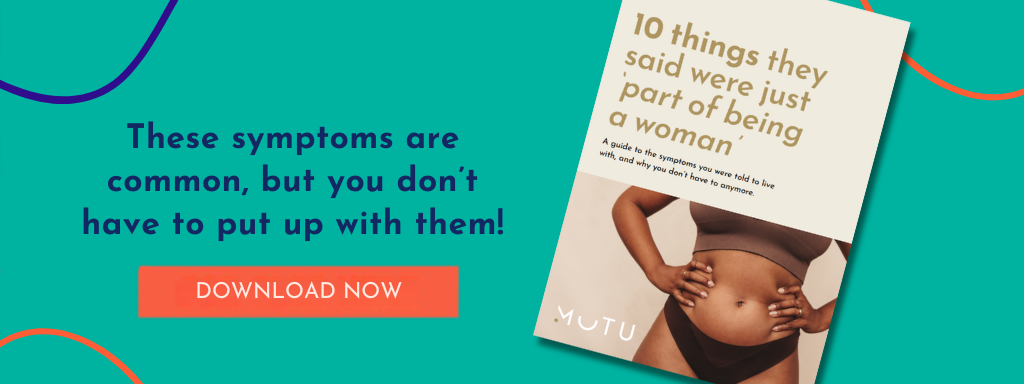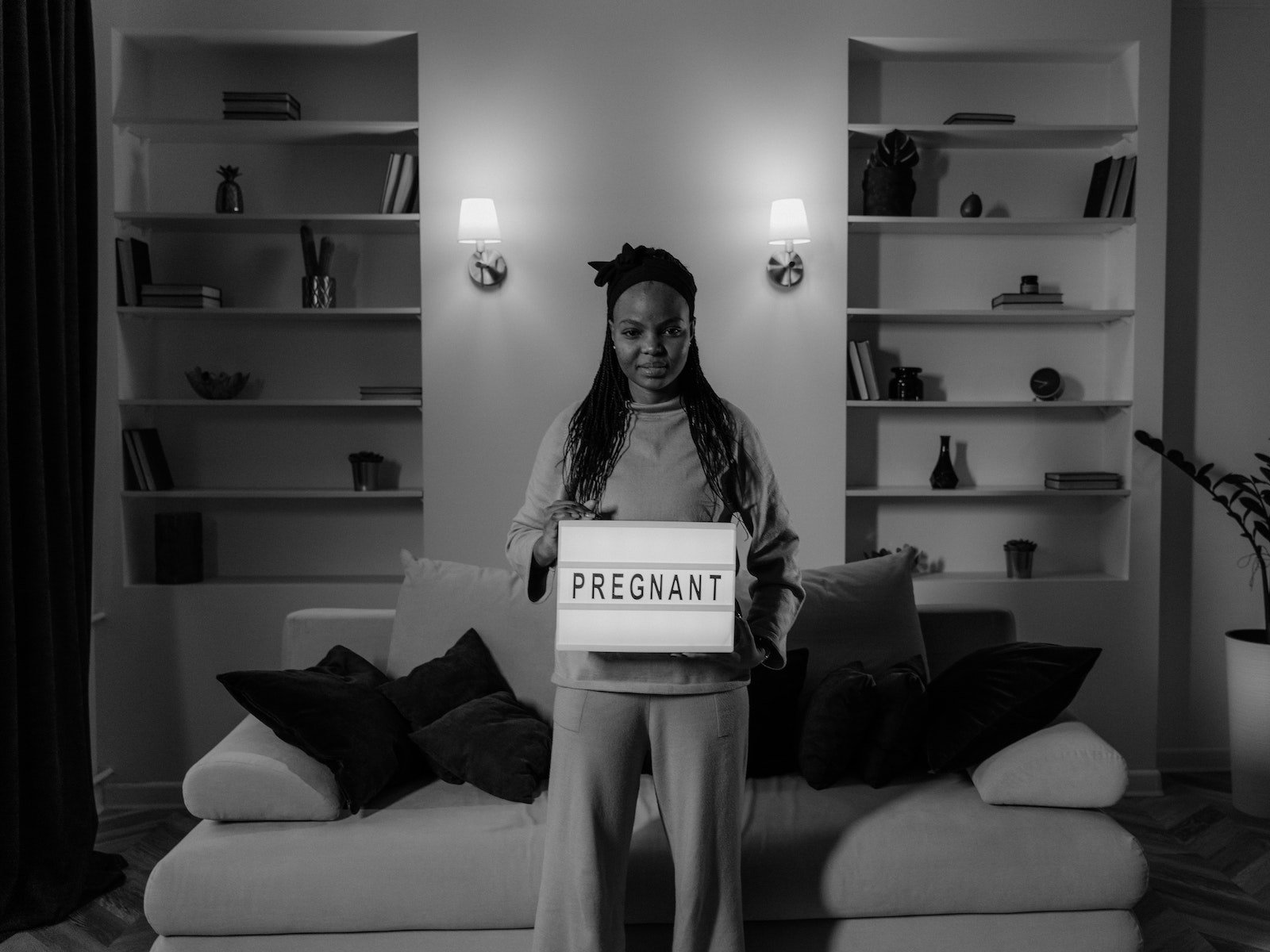Why Pelvic Health Matters
Our pelvic health is so important. When you think of mental health does pelvic health come to your mind as well? For most, it doesn’t, but it should.
As mothers, our pelvic health goes hand in hand with our mental health. Our pelvic health, just like our mental health, is equally as vulnerable to trauma – the likes of which can leave us feeling completely alienated from our body, lacking any form of control. Think about it, we grow up looking after our body with the mission of keeping it safe from harm, safe from pain. We learn to love our body, cherish it, form a bond that could not be physically closer if we tried. Then consider childbirth and the toll this takes.
Suddenly your postpartum body looks and feels completely different, unrecognisable almost, to the one you had spent years learning about. We feel out of control, powerless to complete even the simplest of tasks, all of which has a mental health impact of the same proportion to the physical struggles.
Childbirth can bring about physical symptoms including urinary incontinence, pelvic organ prolapse, painful sex, and diastasis recti. That’s a bunch of technical words for; wetting yourself when you jump, laugh or sneeze, feeling like your insides might fall out when you go to the loo, sex that hurts, or a tummy that bulges and feels unstable. It is simply unthinkable to believe that such changes to our body would not have an impact on even the strongest of women mentally.
These changes are not determined by age, nor fitness, size or diet. You could be a brand-new mother, a mother to teens, a grandmother – it simply doesn’t matter. For a woman who develops postnatal incontinence in her 30s, this could mean 50 years of bladder weakness. Contrary to popular belief, this is not an ‘old woman’s problem’. Almost 1 in 4 women between the ages of 18 and 44 experience incontinence.
Lastly, it’s important to note that pelvic floor problems aren’t exclusive to postpartum women either. Many women report being impacted by pelvic floor dysfunction even with no children.
In a recent customer survey, we found that 87% of women said that dealing with pelvic health issues had affected their mental health at some stage and certain studies have looked into the deeper impact on the quality of life. Women living with urinary incontinence have been shown to have a significantly lower quality of life compared with those who are continent [1], and it’s far more common than you might think. Incontinence affects almost half of all women [2], while 50% of postnatal women experience pelvic organ prolapse with symptoms of bladder and bowel dysfunction [3]. Perhaps this could go some way to answer why approximately 68% of women with mental health problems are mothers [4].
This impacts every element of a woman’s life, including their career. In a MUTU System study of 150 women in April 2020, 41% said they have taken time off work for health issues that they did not feel comfortable discussing with their boss, 30% said pelvic health affected their performance or focus at work and 36% felt anxious and embarrassed in the workplace due to pelvic health issues.
The stigma attached makes 75% of women with incontinence suffer in silence. Those that do seek help take on average 6.5 years 10 to do so. This seriously impacts mental health, doubling the risk of postnatal depression. Sufferers can experience humiliation, fear and anxiety over becoming incontinent in public and distress at others finding out. It can also cause loss of sleep and sexual dysfunction.
What about the painful sex?
The 6-week postpartum check by your GP or OBGYN generally means you’ve been given the all-clear to resume sexual activity and exercise again (10 weeks normally for c-section births). But the reality for so many women is far less simple. Post-partum sex can be uncomfortable and upsetting. What was once seen as the intimate connection between yourself and your partner turns into a painful chore for some women. You may even begin to feel like you are failing as a partner like you no longer have the confidence to be able to contribute to a physical and mental relationship, and the taboos surrounding the issues keep everything chained up inside of you.
So what can be done? Do we accept that this is the price to pay for having a child, learn to come to terms with the fact that we will no longer be able to do the things we used to do because we have made the choice to bring life into the world? Do we accept that intimacy feels different, or even painful– and should conform to stigmas and stereotypes by keeping it under wraps? If I could reach through the screen, grab you by the shoulders, give you a shake and scream aloud, NO, then I would do so. Nobody has to suffer in silence and what’s more, nobody needn’t suffer at all. There is an answer. Our pelvic health needn’t define our lives as women. The truth is, it is not an irreversible issue and we do have the power to make a change.
94% of MUTU System customers on the postpartum recovery programme claimed to feel better in and about their bodies, including 97% who said they could now find and engage their pelvic floor muscles, and 88% who said that sex was less painful [5].
Childbirth can cause the pelvic floor to become hypertonic, meaning it’s too tight, which is just as dysfunctional as a loose or weak pelvic floor. A 9lbs 7oz baby and vaginal tearing can do that kind of damage!
We need to learn to locate, engage and relax the pelvic floor muscles, let go. Not just physically, but mentally too. Even the strongest of women have to rebuild their core strength and pelvic floor muscles post-childbirth. Global award-winning artist P!NK recently took to Instagram live with her fitness trainer Jeanette Jenkins (The Hollywood Trainer) where it was revealed that she followed the MUTU System exercises for her post-childbirth routine.
P!NK, for me, embodies the strength that women possess – yet even she had to do certain core exercises in order to reconnect with her body and return to the all-action superstar that she is.
Here are some beginner tips to follow at home to start your journey to remedy urinary incontinence:
Step 1
Inhale and let your stomach muscles and pelvic floor relax. Let it all go and enjoy a complete state of relaxation. This part is really important. Your muscles can’t work properly if they’re ‘switched on’ all the time. The relaxation phase is just as important as the engagement so avoid squeezing repeatedly and give space to both phases. You can do these exercises sitting on the floor, kneeling, or lying on your back or side, depending on whatever feels most comfortable.
Step 2
Next, exhale as you lift and gently squeeze your pelvic floor. To find the right muscles, imagine you’re trying not to pass wind by engaging the back passage muscles. Imagine that your vagina is a straw and you’re sucking up a smoothie through it. As strange as this may sound, it’s a very effective method. Refrain from being too forceful and maintain this as a gentle squeeze and lift.
Step 3
Then breathe in and fully relax and release those muscles, being careful not to push down or away. Again, this isn’t a forceful movement, just release and fully let go.
Step 4
Repeat 5 times, in time with your own breath, always relaxing and releasing on the inhale, drawing upwards and gently squeezing on the exhale. Do these 5 breaths at least couple of times a day, every day and in doing so. 92% of our customers who had experienced bladder symptoms (urinary leakage) saw improvement. It is important to schedule in a time every day to complete these exercises. Gently squeezing on a small ball as you exhale and engage increases the contraction and makes your pelvic floor muscles work harder!
Step 5
You can now engage and release your pelvic floor properly. So the next step is to apply your new skill to everyday life! Whenever you pick up a heavy load, like a child or car seat, prepare, inhale and release first, then engage and exhale as you lift to protect your pelvic floor and core.
Now is the time to start
You understand now how closely pelvic health is tied to mental health so don’t let another day go by without caring for your body! Start to connect to those important pelvic floor muscles and begin to take back control and improve urinary incontinence today.
You can read more about how pelvic health is mental health HERE
References
[1] Sinclair AJ, Ramsay IN. The psychosocial impact of urinary incontinence in women. The Obstetrician & Gynaecologist 2011;13:143–148.
[2] British Urological institute
[3] (Hagen et al 2004)
[4] Royal College of Psychiatrists. (2016).
[5] 2018 MUTU System customer survey of 906 people












